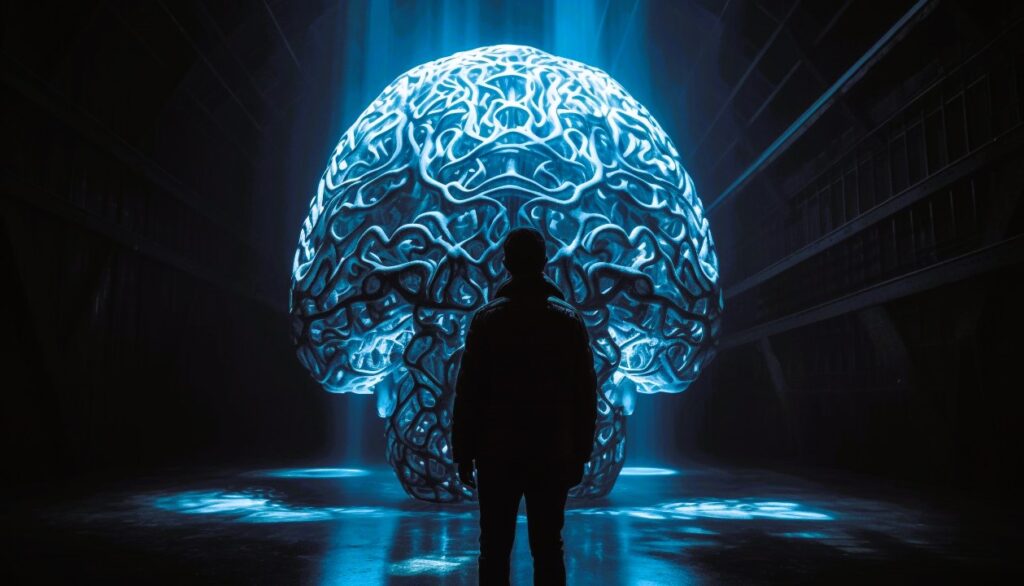In recent years, the field of psychology has turned its attention to the study of video games, seeking to understand how they affect our minds, emotions, and behavior. As gaming has become increasingly prevalent in modern society, researchers have uncovered a wealth of insights into the psychological mechanisms at play when we play games. In this article, we’ll explore the fascinating intersection of psychology and gaming, examining how computer games influence our thinking and behavior, and what implications this has for individuals and society as a whole.
1. The Appeal of Gaming: Escapism, Achievement, and Social Connection
One of the primary reasons people are drawn to gaming is its ability to provide a form of escapism from the stresses and pressures of everyday life. Video games offer immersive worlds, compelling narratives, and engaging gameplay mechanics that allow players to temporarily disconnect from reality and enter into a state of flow, where time seems to pass effortlessly. This sense of immersion and engagement can be highly rewarding, providing a sense of achievement and fulfillment as players overcome challenges and achieve their goals within the game world.

Additionally, gaming can also serve as a means of social connection, allowing players to interact and collaborate with others in online multiplayer environments. Whether it’s teaming up with friends to tackle a raid in an MMORPG or competing against strangers in a battle royale game, gaming can foster a sense of camaraderie and belonging that transcends geographical boundaries and social barriers.
2. The Influence of Game Design: Rewards, Feedback, and Flow
Game designers leverage principles from psychology to create compelling and addictive gaming experiences that keep players coming back for more. One of the most powerful psychological mechanisms at play in games is the use of rewards and feedback to motivate players and reinforce desired behaviors. Whether it’s earning experience points for completing tasks, unlocking new abilities for leveling up, or receiving in-game currency for achieving objectives, rewards play a crucial role in driving player engagement and progression. Did you like the article? We recommend reading about the Evolution of graphics in games.
Furthermore, game designers strive to create experiences that achieve a state of flow, where players are fully immersed in the game and lose track of time. Flow occurs when the challenge level of a game matches the skill level of the player, resulting in a perfect balance between difficulty and skill that keeps players engaged and focused. By carefully balancing gameplay elements such as pacing, difficulty, and feedback, designers can create experiences that are both challenging and rewarding, leading to a deeply satisfying gaming experience.
3. The Impact on Cognitive Skills: Problem-Solving, Spatial Awareness, and Memory
Contrary to popular belief, research has shown that gaming can have positive effects on cognitive skills such as problem-solving, spatial awareness, and memory. Many games require players to navigate complex environments, solve intricate puzzles, and make split-second decisions, all of which can help sharpen cognitive abilities and improve mental agility.
For example, puzzle games like Tetris have been shown to enhance spatial reasoning skills and improve visual processing speed, while strategy games like StarCraft require players to strategize, plan, and adapt to changing circumstances, fostering skills such as critical thinking and decision-making. Additionally, research has also suggested that certain types of video games, particularly those that require players to navigate 3D environments, may have a positive impact on spatial cognition and mental rotation abilities.
4. The Dark Side of Gaming: Addiction, Aggression, and Social Isolation
While gaming can have many positive benefits, it’s important to recognize that excessive gaming can also have negative consequences for mental health and well-being. For some individuals, gaming can become addictive, leading to compulsive behaviors, impaired social functioning, and neglect of other responsibilities. This phenomenon, known as gaming disorder, has been recognized by the World Health Organization as a mental health condition characterized by a pattern of persistent and recurrent gaming behavior that takes precedence over other activities.
Additionally, research has also raised concerns about the potential link between gaming and aggression, particularly in the context of violent video games. While the evidence is mixed, some studies have suggested that exposure to violent video games may increase aggressive thoughts, feelings, and behaviors in some individuals, although the relationship is complex and influenced by various factors such as personality, upbringing, and social context.
Furthermore, excessive gaming can also contribute to social isolation and loneliness, particularly if individuals spend more time interacting with virtual friends than with real-life ones. While online gaming can provide a sense of social connection, it’s important for players to maintain a healthy balance between their online and offline lives and to prioritize real-world relationships and activities.
5. The Future of Gaming and Psychology: Ethical Considerations and Opportunities for Research

As gaming continues to evolve and expand, it’s clear that there is much more to learn about its psychological effects and implications. Researchers are increasingly turning their attention to questions of ethics, such as how to balance the benefits of gaming with the potential risks, and how to promote responsible gaming behavior among players of all ages.
Furthermore, there are still many opportunities for research to explore the complex interplay between gaming and various aspects of psychology, including cognition, emotion, social behavior, and mental health. By gaining a deeper understanding of how gaming influences our minds and behavior, researchers can help inform the development of games that are not only entertaining and engaging but also promote positive outcomes for individuals and society as a whole.
In conclusion, the psychology of gaming is a rich and multifaceted field that offers insights into the ways in which computer games influence our thinking and behavior. From the appeal of escapism and social connection to the impact on cognitive skills and the potential risks of addiction and aggression, gaming has far-reaching effects on our minds and lives. By studying these effects and understanding the underlying psychological mechanisms at play, we can harness the power of gaming to promote positive outcomes and enhance well-being for players of all ages.
For further exploration of the psychology of gaming, visit IGN, a leading source for gaming news, reviews, and analysis.
